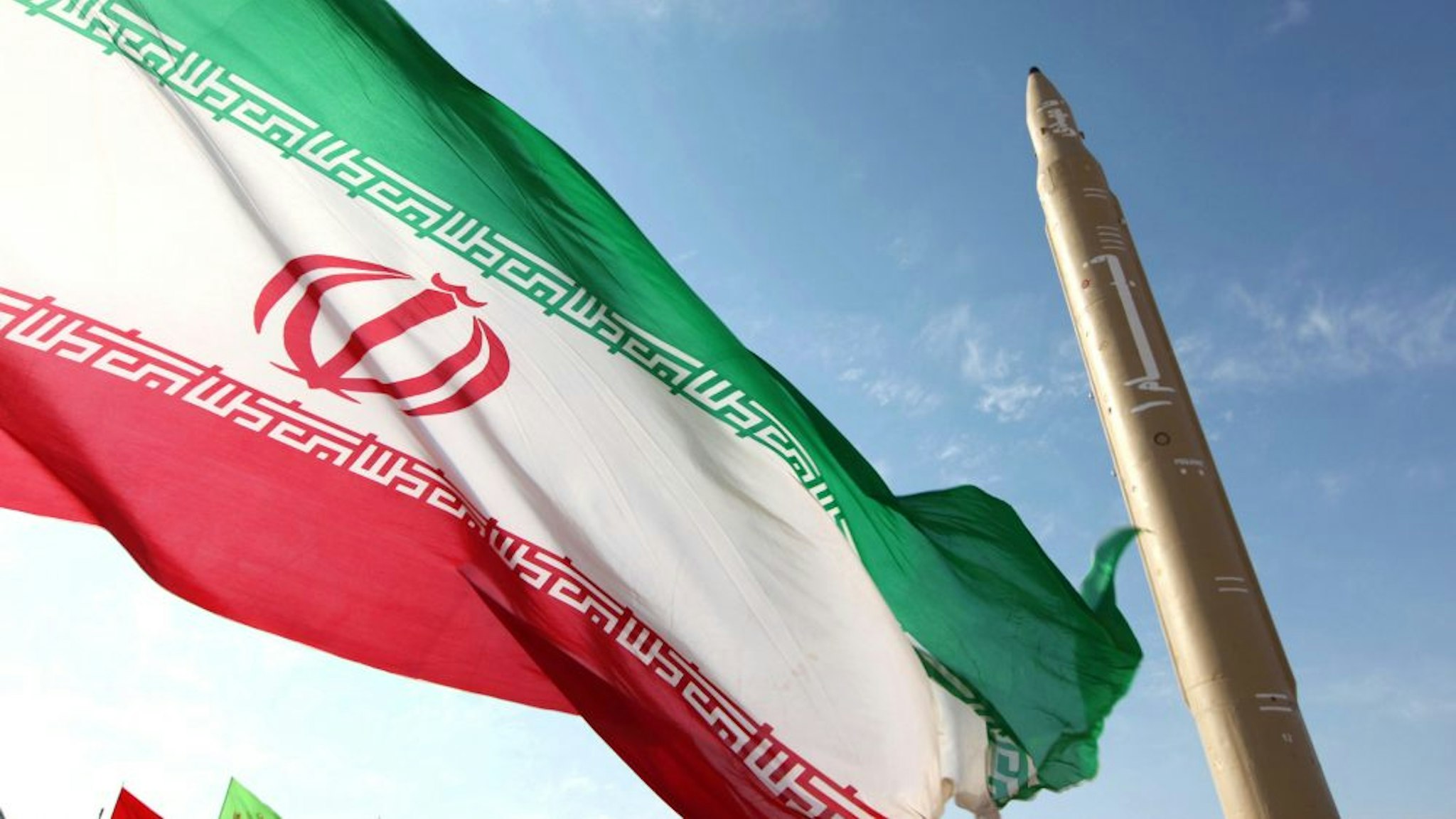— News and Commentary —
Biden Gives Up U.S. Leverage Over Iran, Offers To Restart Nuclear Deal Talks
President Joe Biden’s administration said on Thursday that it was ready to rejoin talks with the Islamic Republic of Iran, which is the world’s leading state sponsor of terrorism, to rejoin the controversial 2015 nuclear deal.
“In addition to signaling a willingness to talk with Iran, the administration also reversed Trump’s determination that all U.N. sanctions against Iran had been restored,” The Associated Press reported. “And, it eased stringent restrictions on the domestic travel of Iranian diplomats posted to the United Nations.”
In a statement, State Department spokesman Ned Price said that the Biden administration would “accept an invitation from the European Union High Representative to attend a meeting of the P5+1 and Iran to discuss a diplomatic way forward on Iran’s nuclear program.”
National security expert Tim Morrison, who was on Trump’s National Security Council and is currently a senior fellow at the Hudson Institute, told The Daily Wire in a statement that the Biden administration was giving up all leverage as it tried to restart the “dangerously flawed” deal.
“The Biden Administration is repeating the mistakes of the Obama Administration,” Morrison said. “It’s making concessions to get nothing more than a meeting. The Iran deal was dangerously flawed in 2015. In 2021, with key provisions expired, it’s simply national security malpractice to return to that deal. The Trump Administration bequeathed Biden tremendous leverage over Iran—it must not squander it.”
U.S. News & World Report highlighted problems with the deal back in 2015:
Originally, diplomacy with Iran was supposed to be based on a straight trade-off: America (and its partners) would end nuclear-related sanctions while Iran would end its domestic nuclear program.
Then, the United States conceded to Iran the right to have its own nuclear reactors but not to develop indigenous capacity to enrich nuclear fuel, which doubles as the core element of nuclear weapons. Then, the United States conceded to Iran the right to enrich but under strict limitations. Then, the United States conceded to Iran that the strict limitations on enrichment would expire at a certain point in the future.
The result was that a deal originally conceived as trading sanctions relief for Iran’s nuclear program evolved, over time, into a deal trading sanctions relief for time-limited restrictions on Iran’s ambitious nuclear plans, enforced through a vigorous monitoring, verification and consequences regime. Perhaps that new, lesser deal – one that kicks Iran’s potential to be a nuclear weapons threshold state into the future – is still in America’s interest, but one should begin any analysis by recalling how far we have come from the original intent of sanctions and U.S. diplomacy. …
On top of refraining from penalizing Iran for bad behavior, the U.S. and its partners commit to assist Iran to develop in energy, finance, technology and trade. The idea that America and its allies will actually help Iran grow stronger in these areas will sound a discordant note around the Middle East, where the Tehran regime is viewed as the eminence grise behind Bashar Assad’s brutal suppression of his people, the Houthi rebellion against state authority in Yemen, the creeping expansion of radical Shiite influence in Iraq and the activities of some of the most extreme Palestinian terrorist groups.
Nuclear weapons expert Dr. Peter Vincent Pry told The Daily Wire back in 2017 that one of the major problems with the Iran nuclear deal was that the International Atomic Energy Agency (IAEA) does not have “access to their military facilities where the military program would be going on.”
“Most people in this town [Washington D.C.] believe [that Iran does not have nuclear weapons], because I think they are ignorant, the level of technological ignorance among Washington policy makers, who are mostly lawyers, is so astonishing that we can find ourselves in a treaty like this,” Pry said. “When Obama signed that thing, he let them off the hook, to prove that they didn’t have the bomb yet — and I think it was on purpose because he was so anxious to get that deal to set up his legacy and everything. He didn’t want to be the president where Iran goes nuclear on his watch.”
This article has been expanded after publication to include additional information.
Create a free account to join the conversation!
Already have an account?
Log in
